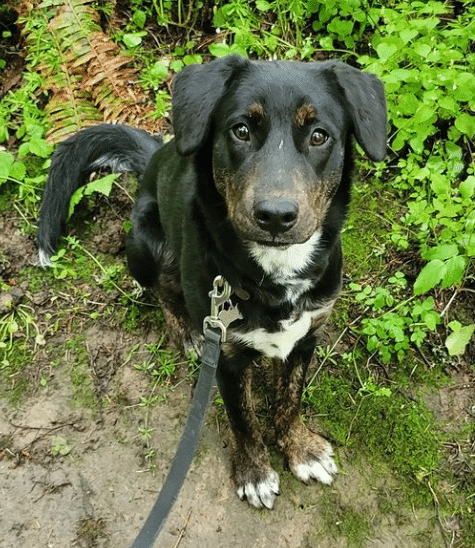Your pets really are members of the family. Almost two-thirds of Americans own at least one pet. Thanks to your hearing aids, you’re able to hear their happy purrs, barks and paws tapping on the ground. But you also need to be careful about keeping your hearing aids away from your furry friends. Not only can a curious pet cause significant damage to your delicate devices, but batteries are highly toxic if consumed. Keep your hearing aids and your pets safe by following these tips.

Use a Hearing Aid Case
Your pets’ biggest opportunity to get at your hearing aids is when you’re not wearing them, so safe storage practices are a must. Always stash your devices in a hearing aid case when you’re not wearing them, and use a durable, hard-shell case. This will protect your hearing aids should they be knocked off a table by an errant paw or tail or gnashed on with teeth.
Store Hearing Aids in a Safe Location
Once you’ve placed your hearing aids safely in their case, store the case somewhere the pet can’t reach, such as on a high shelf or in a drawer.
Some other things to consider:
- Direct sunlight. Hearing aids can be damaged by heat, so avoid placing the case in direct sunlight, such as on a windowsill.
- Humidity. Don’t store your hearing aids in the bathroom or other humid areas, as moisture can cause significant damage to the electrical components and battery.
- Make it a habit. Make a routine of storing your hearing aids in the same place every time you put them away. That way, you know exactly where they are every time.
Properly Dispose of Batteries
Don’t throw your batteries away in the trash. Your pet, on the hunt for some leftovers, could find them and eat them, causing major health issues for your beloved companion. Find a local battery recycling location, and store all spent batteries safely in a sealable container (like Tupperware) until you can make the trip.
Pet Training
This one requires a little more time on your part, but training your pets well can prevent many mishaps. Teach your pets to disengage from an object that has captured their interest with a “no” or “leave it” command. If your pets seem particularly interested in your hearing aids (or anything else they’re not supposed to have) and you’re worried, consider designating a room or area of your house as a pet-free zone. You can then store your hearing aids in this space, out of harm’s way.
What to Do if Your Pet Gets Your Hearing Aids
Despite your best efforts, accidents still happen. First, gently remove the hearing aid from your pet’s grasp. Don’t yank the hearing aid away and risk more damage. Remain calm and gentle; any loud noises or sudden movements can make your critter think you’re playing or frighten them.
Check to make sure your pet is okay and not showing any signs of distress, then inspect the hearing aid: does it appear as though any parts were chewed or swallowed? Over the next few hours, watch your pet for any unusual behavior, such as drooling, choking, vomiting or difficulty breathing, and contact your vet immediately if something is amiss.
If your hearing aid appears to be damaged, take it to your hearing health professional immediately for an inspection and any needed repairs. Our team at Audiology Associates of Redding can perform a service and repair job on many fixes, or contact the manufacturer if a new part is needed. Call us today.